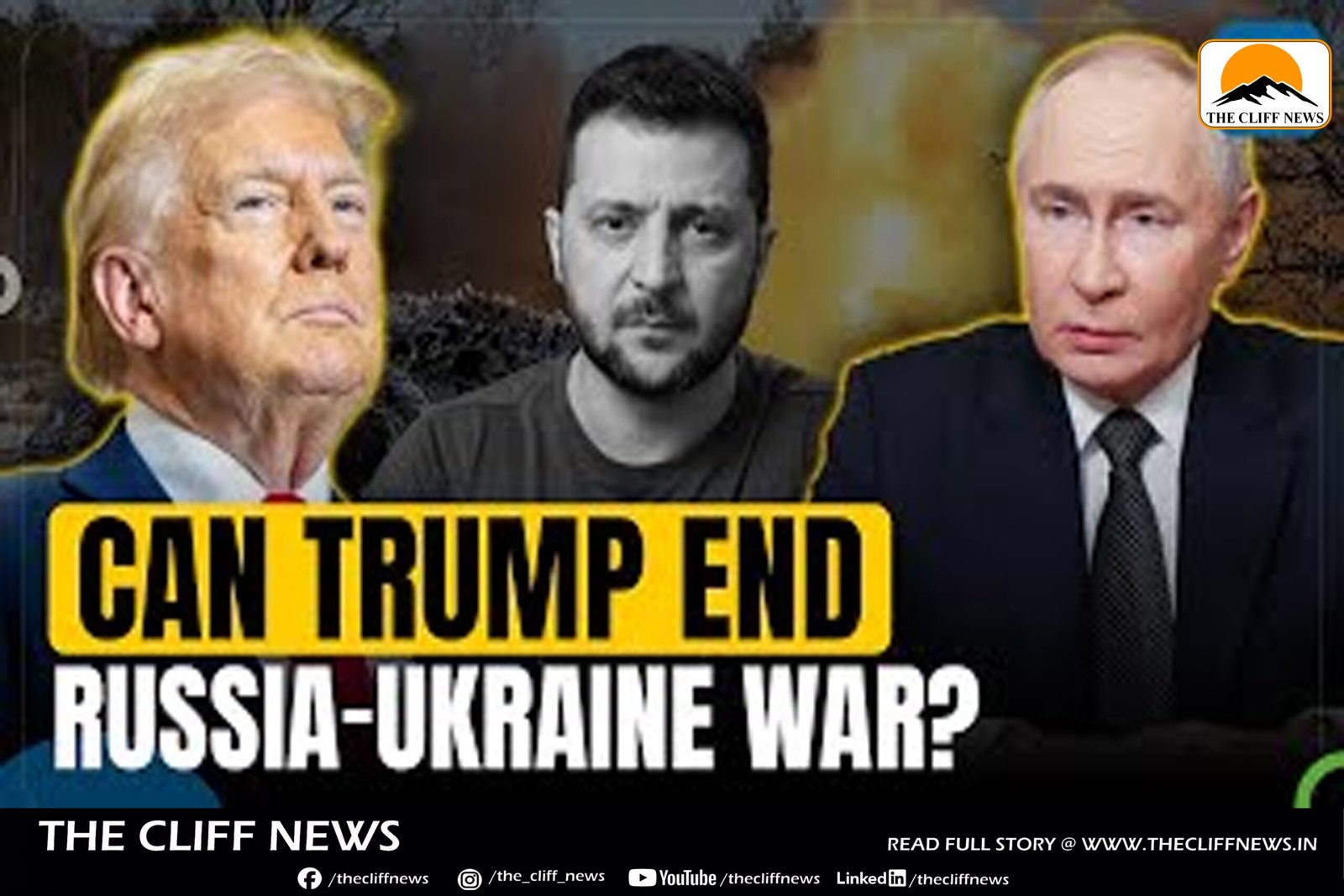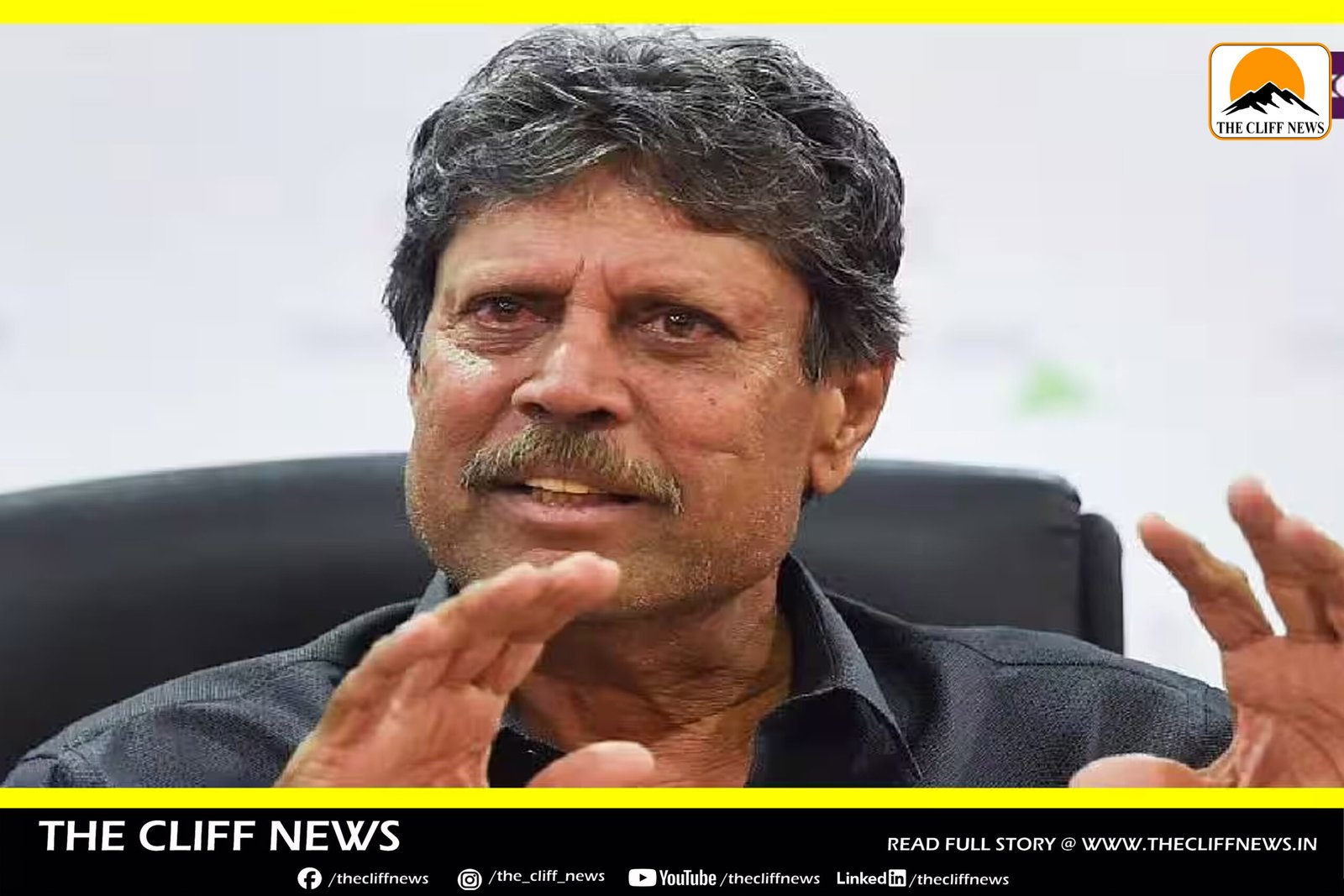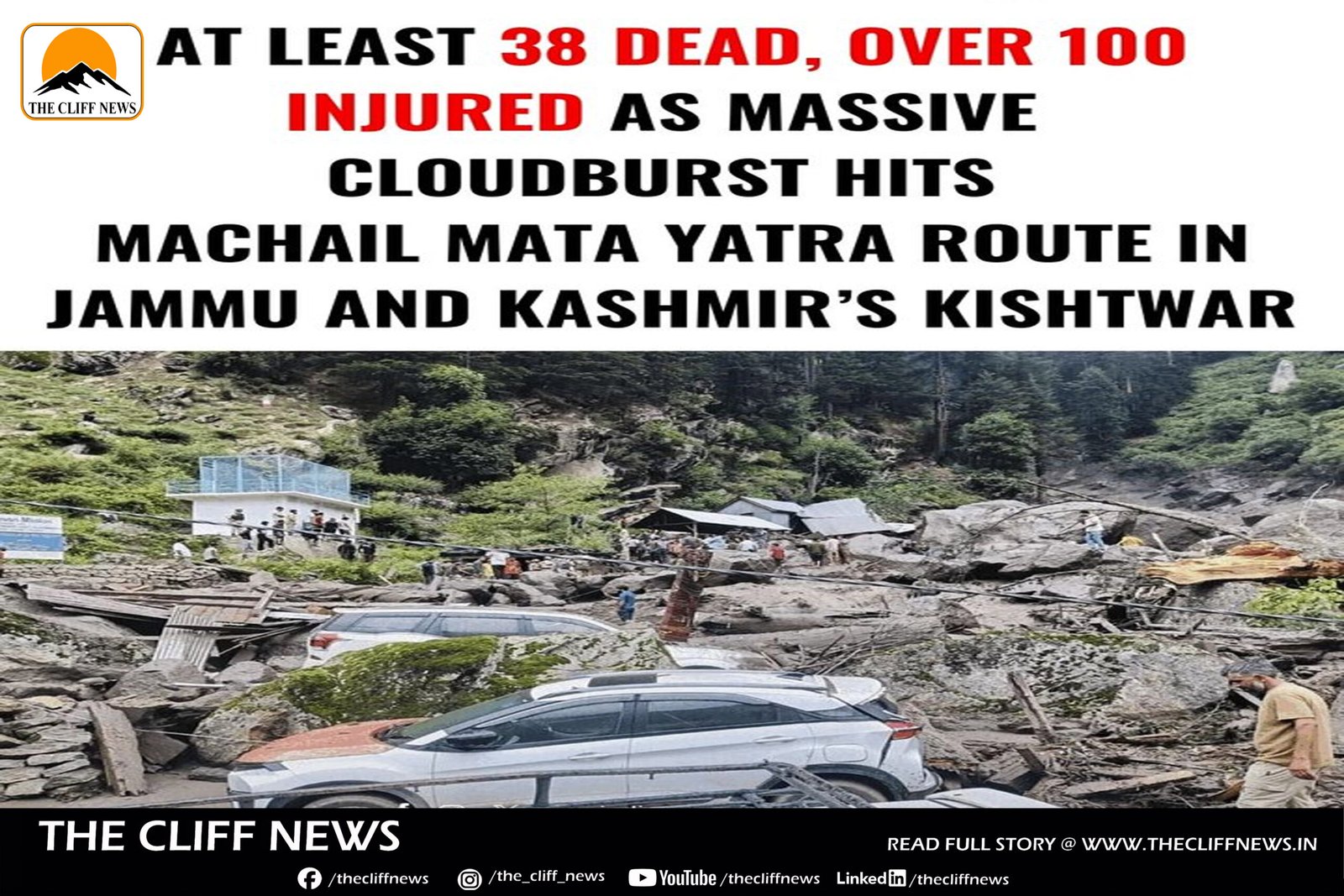Washington/Brussels — This Friday, former US President Donald Trump is set to meet Russian President Vladimir Putin in Alaska to discuss ending the war in Ukraine — but without Ukraine or Europe at the table.
The meeting, reportedly initiated in part by the Kremlin, is expected to address territorial concessions, a prospect that alarms European leaders who oppose redrawing borders through force. Ukrainian President Volodymyr Zelensky has ruled out ceding land or freezing the conflict along current front lines, warning that concessions would only embolden Moscow’s military campaign.
Former UK Foreign Office chief Lord Simon McDonald cautioned that Putin is likely to make “outrageous” demands that few would entertain “with the possible exception of Donald Trump.” EU foreign policy chief Kaja Kallas echoed concerns, suggesting Putin’s goals include securing a high-profile photo with Trump and delaying sanctions.
European ministers, meeting virtually on Monday, called for an unconditional ceasefire before any deal and announced fresh sanctions against Moscow. But despite lobbying, the Biden administration’s envoy to Ukraine has maintained that the EU will not be part of formal peace talks — a stance unchanged since Trump returned to office earlier this year.
German Chancellor Friedrich Merz has arranged a remote discussion for Wednesday between European leaders, Zelensky, and Trump, hoping to be consulted on Washington’s plan. However, diplomats doubt Europe will receive a last-minute invitation to Friday’s summit.
“This is a matter of existential European security interest,” Polish Foreign Minister Radoslaw Sikorski said, insisting Europe will take its own decisions on the conflict. “A simple ceasefire would not resolve the problem.”
Lord McDonald warned against overestimating the Alaska meeting’s potential: “The end will be as protracted as the war has been long. The meeting is a milestone, but it doesn’t actually mean it will lead anywhere.”



